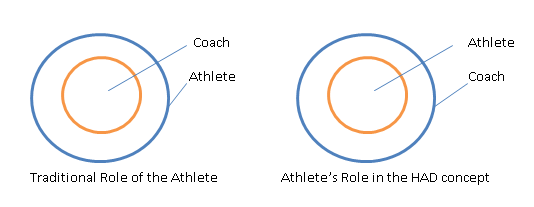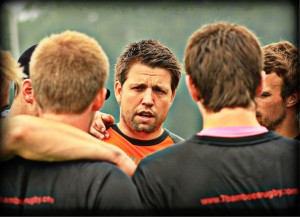 In Part 1 and Part 2 of this blog series, I introduced the idea of coaching with a holistic athlete development approach. The first two blogs have focused on the coach’s prospective, so I would now like to shift the focus to the role and position of the athlete.
In Part 1 and Part 2 of this blog series, I introduced the idea of coaching with a holistic athlete development approach. The first two blogs have focused on the coach’s prospective, so I would now like to shift the focus to the role and position of the athlete.
Throughout my experience as a coach, teacher, athlete and student I have realized that the best educators are those that understand the learner (e.g. student or athlete) the best.
The Shift
In recent years, the position of the learner and of the educator has changed. In modern educational environments like sport and academic institutions, we have realized that to achieve a sustainable learning effect, coaching and teaching requires more effort than simply filling the learner with information and expecting them to walk away as a fully educated individual.
The Key to Successful Learning
The key to successful learning is to actively engage the scholar into the learning process.
In order to successfully manage this engagement, we need to get two essential elements right.
First, we need to constantly ask challenging questions aiming to encourage the learner to stay curious and to generate their own knowledge.
Second, we need to get to know the learner inside and out. In my opinion, successful learning has a lot to do with “tailor-made” education. Every individual learns differently, has different abilities and possesses a different set of skills and knowledge. Therefore it is vital to know a few key facts about the learner such as, at what speed the athlete learns and what particular interests he or she has.
Certainly coaches should have particular “tools” available to awaken new interests, but every individual has a handful of interests that they bring into the coach-athlete relationship. The challenge for the coach is to figure these interests out, provide sufficient platforms for them and then further develop them.
Challenges
As you might have guessed by now, the role of the learner in this particular concept is a central one. I am well aware of how messy team environments can get – especially within a sport like rugby, where many different characters clash. Team dynamics can vary constantly, but in the ideal case the learner(s) dictate the speed and style of the learning curve.
The coach’s role then becomes more observational rather than dominating. There is no doubt that applying this approach is challenging for a coach. We all know from school and sport environments how dominant coaches and teachers can be, but sharing authorities is necessary in order to put the learner as the centre of attention and to implement a holistic athlete development successfully.
The Key Ingredient
The key ingredient for this idea is trust. From own experiences, I know that one of the biggest worries for a coach is losing control. And to an extent, this worry can become a reality, but you need to trust your players.
Especially in the beginning stages, a lot of patience is needed to successfully introduce the idea, especially if this learning concept is not just new to the educator but also to the athlete.
Depending on backgrounds and experiences, the athlete may never have come across environments which have given them any responsibility and power.
From my own coaching perspective, I would always prefer to be acknowledged as a source of inspiration rather than a preaching teacher.
Please feel free to share your thoughts and opinions on this topic below.








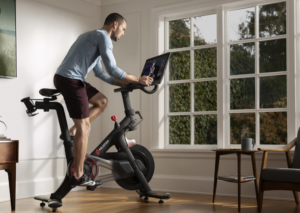 When most people hear the word “Peloton” they think of an expensive black bike with shiny red buttons and that controversial commercial where the husband gifted his wife a Peloton for Christmas.
When most people hear the word “Peloton” they think of an expensive black bike with shiny red buttons and that controversial commercial where the husband gifted his wife a Peloton for Christmas.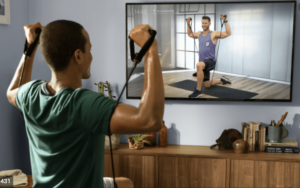 If the app interests you, Peloton is currently offering a 30 day FREE TRIAL, so why not give it a try? Check it out
If the app interests you, Peloton is currently offering a 30 day FREE TRIAL, so why not give it a try? Check it out 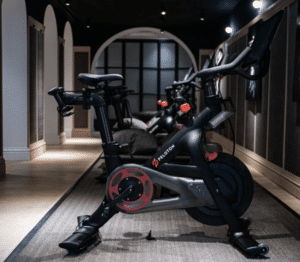
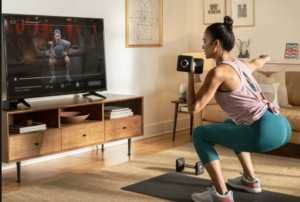
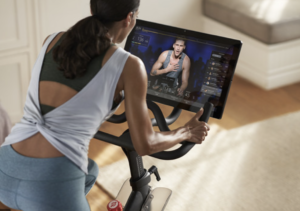 This article would not be complete, however, if we did not acknowledge some of the delivery issues that have been plaguing Peloton over the last year. Most of the delivery issues seem to affect U.S. deliveries, however, the UK deliveries have been affected as well.
This article would not be complete, however, if we did not acknowledge some of the delivery issues that have been plaguing Peloton over the last year. Most of the delivery issues seem to affect U.S. deliveries, however, the UK deliveries have been affected as well.





